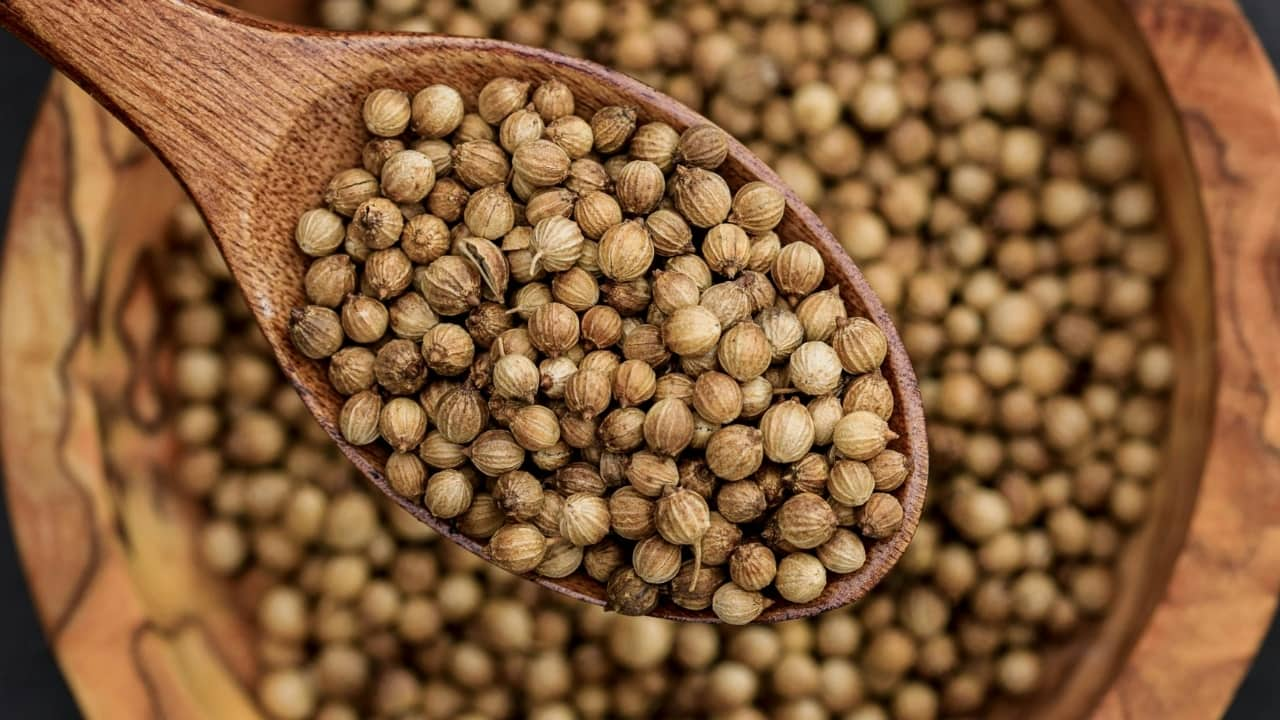
News
October 07, 2025
Home remedies for cholesterol: How effective are fenugreek and coriander seeds in 21 days?
Coriander and fenugreek seeds are known for their natural cholesterol-lowering effects. Cardiologists weigh in on these age-old remedies, discussing the science behind them, their potential benefits, and the realistic expectations for anyone hoping to transform heart health quickly
**Can Fenugreek and Coriander Seeds Really Lower Cholesterol in 21 Days? Cardiologists Weigh In**
For generations, home remedies have been passed down, promising natural solutions for various health concerns. Among these, fenugreek and coriander seeds have gained popularity for their purported cholesterol-lowering abilities. But can these age-old remedies truly make a difference in just 21 days? We consulted with cardiologists to understand the science behind these claims and set realistic expectations for those seeking a natural boost to their heart health.
Both fenugreek and coriander seeds contain compounds believed to positively impact cholesterol levels. Fenugreek seeds are rich in soluble fiber, which can bind to cholesterol in the digestive system and prevent its absorption into the bloodstream. This, in turn, may help lower LDL cholesterol, often referred to as "bad" cholesterol. Coriander seeds, on the other hand, are a source of antioxidants and have been shown in some studies to potentially improve lipid profiles, though the exact mechanisms are still being investigated.
However, experts emphasize that while these seeds may offer benefits, they are not miracle cures and should not be considered a replacement for prescribed medication or lifestyle changes recommended by a healthcare professional.
"It's important to approach these remedies with a balanced perspective," explains Dr. Anya Sharma, a leading cardiologist. "While some studies suggest a potential positive impact on cholesterol, the effects are typically modest and vary from person to person. Expecting a dramatic transformation in just 21 days is unrealistic."
Furthermore, Dr. Sharma cautions against relying solely on these seeds to manage high cholesterol. "A comprehensive approach that includes a heart-healthy diet low in saturated and trans fats, regular exercise, and maintaining a healthy weight is crucial. If medication is prescribed, it should be taken as directed by your doctor."
The cardiologists also highlight the importance of consulting with a healthcare provider before incorporating fenugreek or coriander seeds into your routine, especially if you have underlying health conditions or are taking other medications. These seeds can interact with certain medications, and it's essential to ensure their safety and suitability for your individual needs.
Ultimately, while fenugreek and coriander seeds may offer a supplementary approach to managing cholesterol, they should be viewed as part of a broader strategy that prioritizes healthy lifestyle choices and professional medical guidance. Setting realistic expectations and understanding the limitations of these home remedies is key to achieving long-term heart health.
For generations, home remedies have been passed down, promising natural solutions for various health concerns. Among these, fenugreek and coriander seeds have gained popularity for their purported cholesterol-lowering abilities. But can these age-old remedies truly make a difference in just 21 days? We consulted with cardiologists to understand the science behind these claims and set realistic expectations for those seeking a natural boost to their heart health.
Both fenugreek and coriander seeds contain compounds believed to positively impact cholesterol levels. Fenugreek seeds are rich in soluble fiber, which can bind to cholesterol in the digestive system and prevent its absorption into the bloodstream. This, in turn, may help lower LDL cholesterol, often referred to as "bad" cholesterol. Coriander seeds, on the other hand, are a source of antioxidants and have been shown in some studies to potentially improve lipid profiles, though the exact mechanisms are still being investigated.
However, experts emphasize that while these seeds may offer benefits, they are not miracle cures and should not be considered a replacement for prescribed medication or lifestyle changes recommended by a healthcare professional.
"It's important to approach these remedies with a balanced perspective," explains Dr. Anya Sharma, a leading cardiologist. "While some studies suggest a potential positive impact on cholesterol, the effects are typically modest and vary from person to person. Expecting a dramatic transformation in just 21 days is unrealistic."
Furthermore, Dr. Sharma cautions against relying solely on these seeds to manage high cholesterol. "A comprehensive approach that includes a heart-healthy diet low in saturated and trans fats, regular exercise, and maintaining a healthy weight is crucial. If medication is prescribed, it should be taken as directed by your doctor."
The cardiologists also highlight the importance of consulting with a healthcare provider before incorporating fenugreek or coriander seeds into your routine, especially if you have underlying health conditions or are taking other medications. These seeds can interact with certain medications, and it's essential to ensure their safety and suitability for your individual needs.
Ultimately, while fenugreek and coriander seeds may offer a supplementary approach to managing cholesterol, they should be viewed as part of a broader strategy that prioritizes healthy lifestyle choices and professional medical guidance. Setting realistic expectations and understanding the limitations of these home remedies is key to achieving long-term heart health.
Category:
Politics